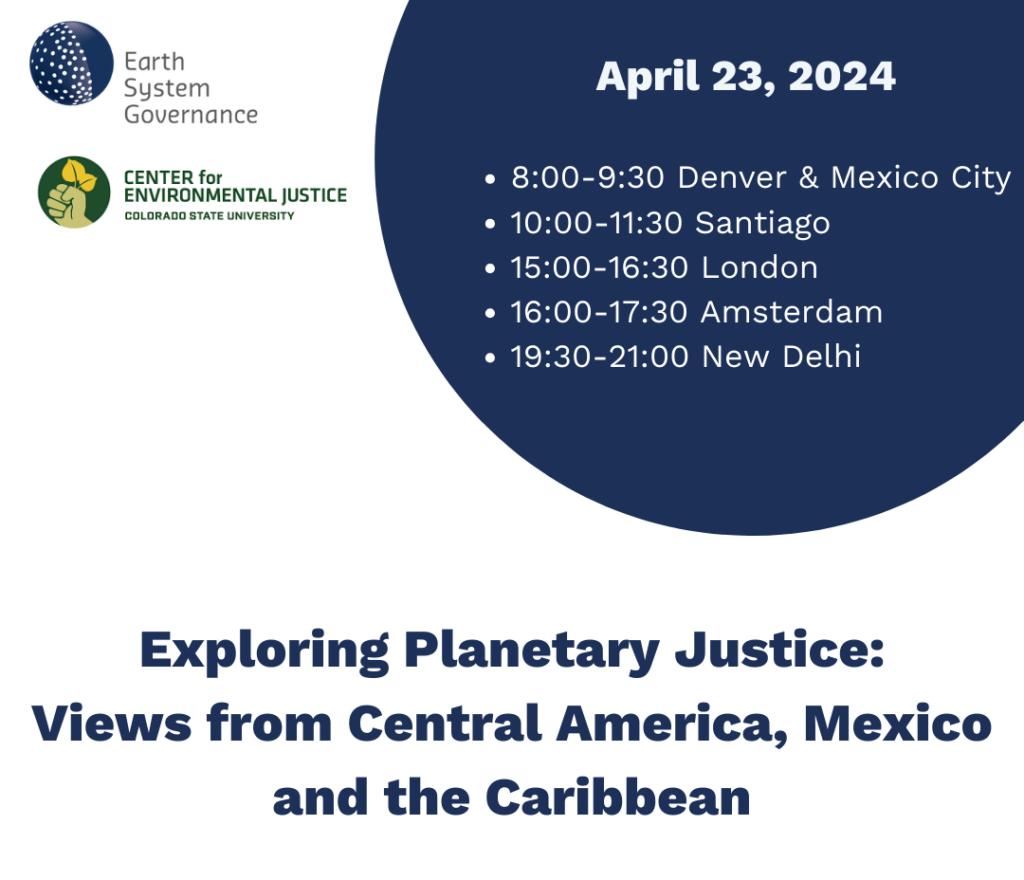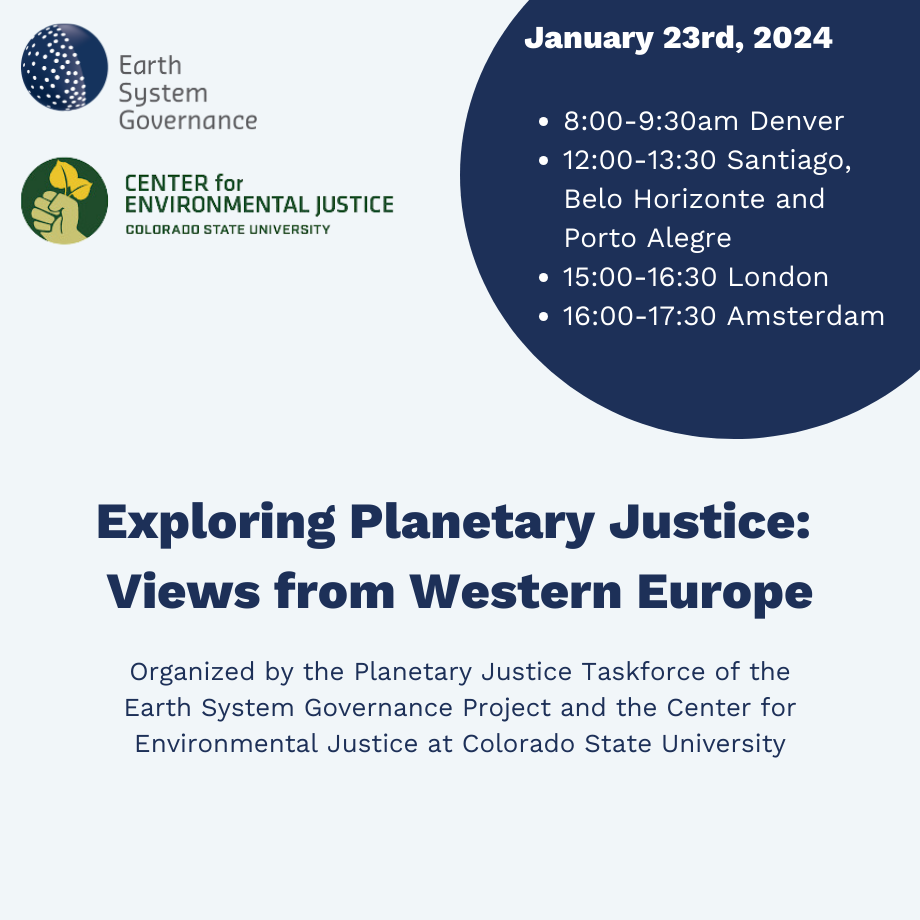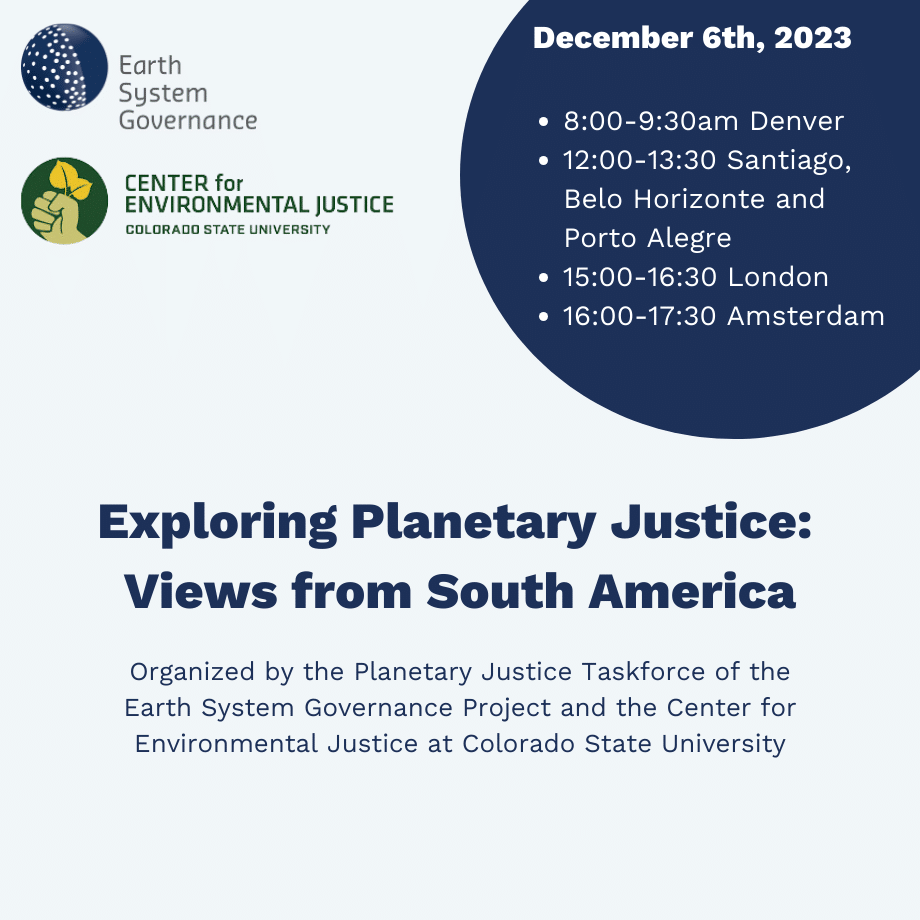A report of this colloquium is available →here.
The National Committee for Geography of the Royal Swedish Academy of Sciences in collaboration with the Earth System Governance Project invites you to a one-day colloquium on Population Dynamics in a Warmer World. The colloquium is structured around four themes and there will be ample time for discussions between each theme.
Insights from population projections 2050 and beyond
The world population may stabilize at somewhere between 8 and 10 billion in the coming few decades. But there will be substantial differences between regions. Professor Wolfgang Lutz from International Institute for Applied Systems Analysis (IIASA) will share his insights from the latest population projections with us.
Insights from climate change science on potential climate change impacts
Climate change will have profound but varying effects on human societies in the coming decades. High latitude regions may actually benefit in some aspects while others may face severe hardship. Professor Johan Kleman from the Bert Bolin Centre for Climate Research at Stockholm University will provide an overview of the latest science related to future climate change impacts across the world.
Environmental migration – a contested concept
Forced migration due to climate change impacts has been discussed vividly over the last few decades. The concept of climate refugees is a contested field. The International Red Cross has an enormous experience from working with mitigating and preventing disasters. Madeleen Helmer, director of the Red Cross Climate Center in the Netherlands will talk about their experiences and expectations in relation to dealing with climate related disasters.
Historical examples of migration and adaptation
Human societies have a long history of coping with changing climatic conditions. History can tell us many lessons of successful adaptation to climatic conditions as well as lessons of hardship and collapse. Professor Alf Hornborg from the Human Ecology Division at Lund University will talk about environmental history in the context of climatic events.



